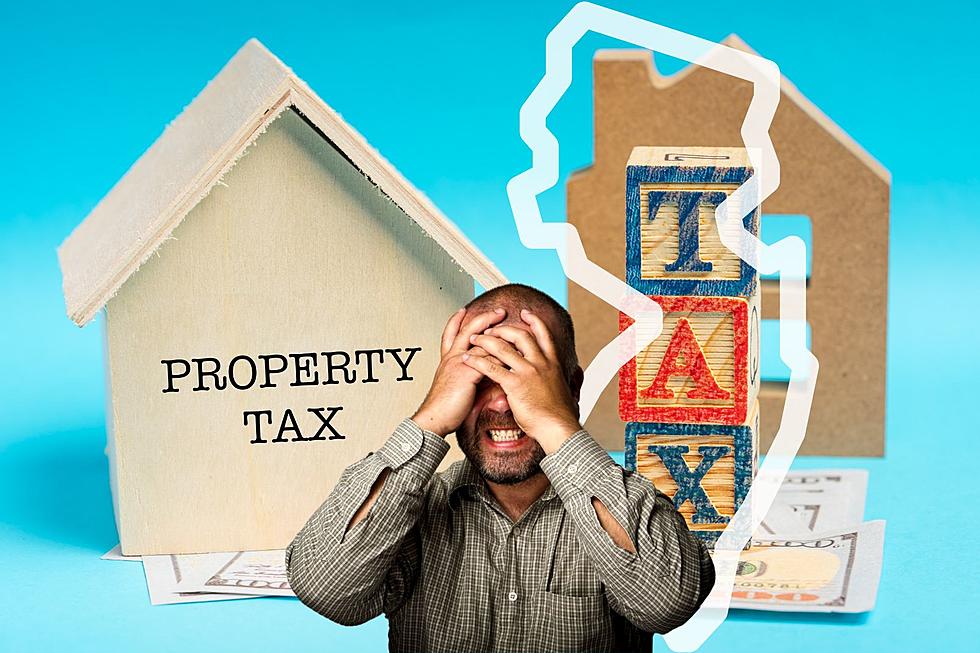
Christie: We Can Make it Easier to Expunge Some Criminal Records
Criminal record expungement may soon be an easy get for certain offenders in the Garden State.
Speaking at a conference Thursday devoted to prisoner reentry, Gov. Chris Christie expressed confidence he and the legislature could come to an agreement in the next few months that would give non-violent drug offenders a better shot at success after their conviction and sentence.
"We need to have a full conversation about it; I'm ready to do it," Christie said at the conference in Jersey City. "I think this is something that can be done between now and June. If the legislature wants to do it, I think we can do it."
The Republican governor was prompted to discuss the issue during a conversation on stage with former Gov. and Democrat Jim McGreevey, chairman of the New Jersey Reentry Corporation.
"What I want to do with expungement is not just look at one piece or another of it, and I often get these smaller, kind of narrowly tailored bills," Christie said.
Christie in January expressed support for a measure that would allow non-violent drug offenders who successfully completed the state's drug court program to expunge their related charges. However, he conditionally vetoed the measure over separate components he said could "compromise public safety."
“As written, this bill would cut in half the presumptive waiting period to expunge indictable offenses, often felonies, from 10 years to five years, and eliminate an important safeguard which allows a judge to consider whether granting an expungement is in the public’s interest," Christie wrote at the time of his veto. "The current public interest exception to the presumptive waiting period is an effective and efficient way to help ex-offenders combat the collateral consequences of their offense, while also ensuring that public safety is not compromised.”
On Thursday, Christie said expungement in New Jersey has to be part of the national movement to reform criminal justice, but it must be approached in a thoughtful, complete way, making sure not to help the wrong people.
"If there are certain people and certain types of crimes that shouldn't be subject to expungement, then we need to be clear about that," Christie said.
More From WPG Talk Radio 95.5 FM










